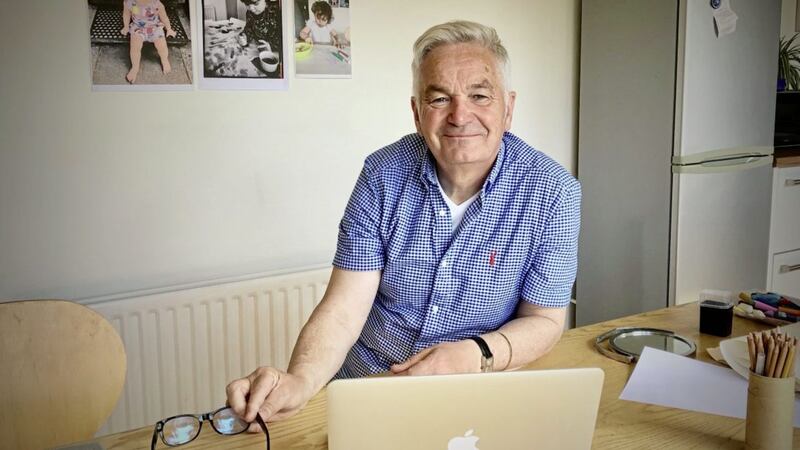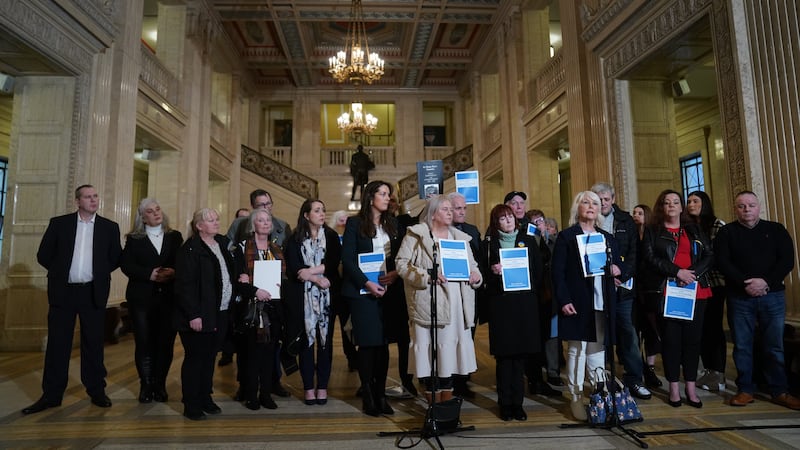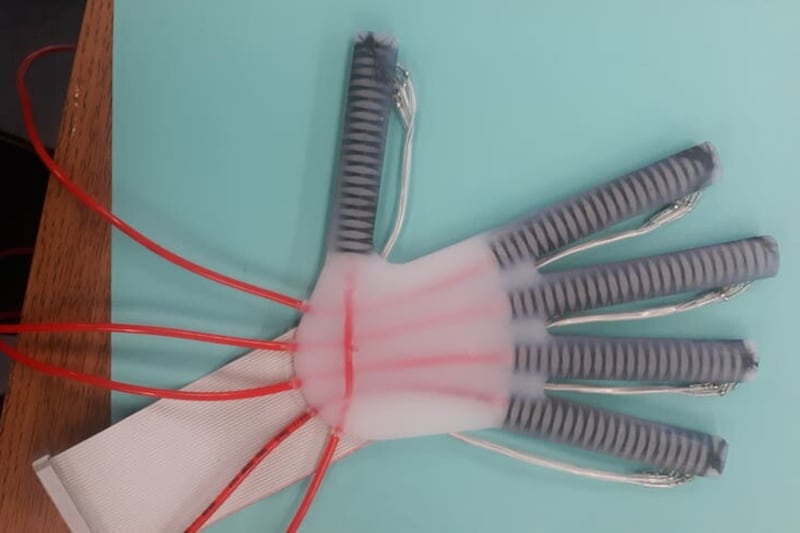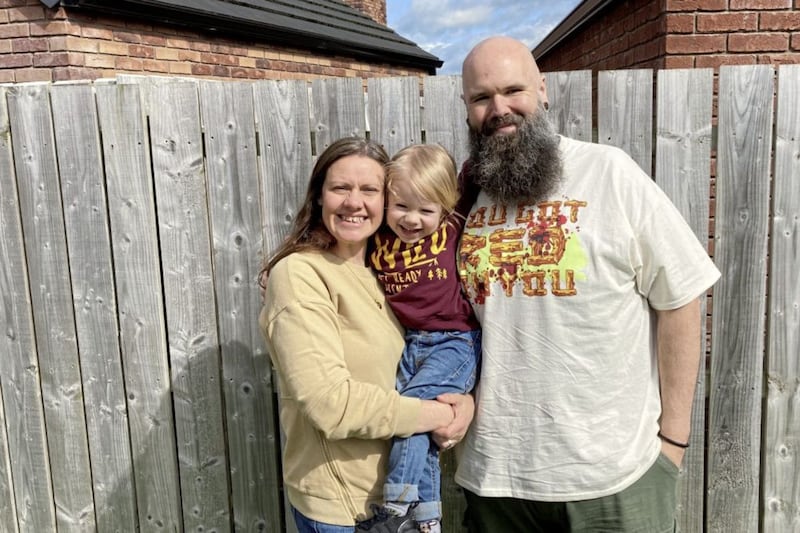MORE than 34,000 people who have survived a stroke have developed at least one mental health problem, according to new research.
The Stroke Association said 93 per cent stroke survivors in Northern Ireland are facing a battle with anxiety, depression, lack of confidence and even suicidal thoughts.
Research also shows nine out of 10 stroke survivors experience at least one cognitive effect, such as fatigue, problems with concentration, multi-tasking, reading, writing and poorer memory.
Its figures also reveal more than a quarter of survivors say they have not received enough emotional support to help rebuild their lives after stroke.
The charity today launches its 'Lived Experience of Stroke' report - its largest ever survey of people affected by stroke.
While the effects of stroke can cause major disability, the report examines the "hidden effects of stroke", which "can often go unnoticed by others including family and friends".
Colin McKeown (64) from east Belfast had a stroke whilst out walking his dog one day in September. He experienced left sided weakness and his co-ordination was badly affected.
While he said he had recovered well physically, he said he had to learn to accept "life might not be the same again".
"After my stroke, the first thing I was aware of emotionally was the sense of isolation," he said.
"Nobody quite understands what’s going on between my ears.
"Even when I talk about it now, I get very emotional remembering that period. I had real trouble with coming to terms with the length of time my recovery might take."
But Mr McKeown said the Stroke Association have been a "real life-line for me because the people who work there ask me how I’m doing and if there’s anything that would make it better".
"Without that, I don’t know what would have happened," he said.
"The isolation is immense, on the one hand you can remember all the things you used to do and you go in to that space of I used to be able to do this and then you have to relearn.
"You have to re-define who you are now."
Ursula Ferguson from the Stroke Association said the report "exposes the true devastation stroke can bring".
"These figures are extremely concerning and show a desperate need for support to cope with the hidden, and often overlooked, effects of stroke," she said.
"Far too many lives have been destroyed by stroke.
"No-one should be left feeling anxious or isolated.
"The evidence highlights how important it is that families, friends and health professionals who support stroke survivors understand what it means to live with these hidden effects, ask how people are feeling and provide appropriate emotional and psychological support."








